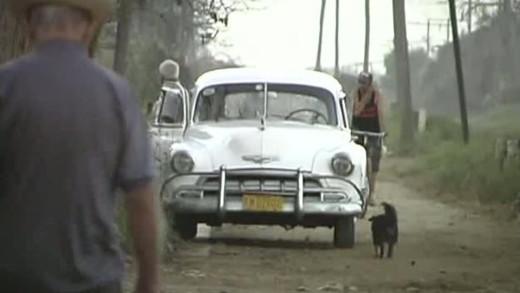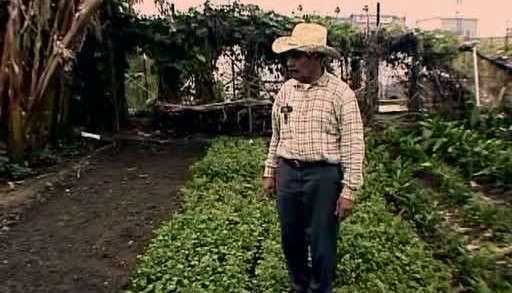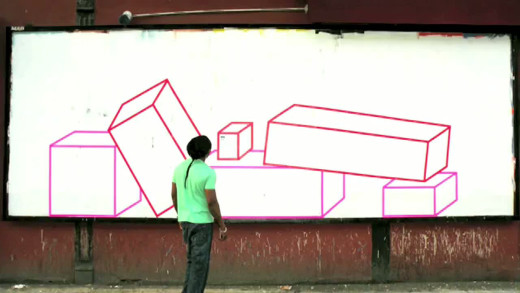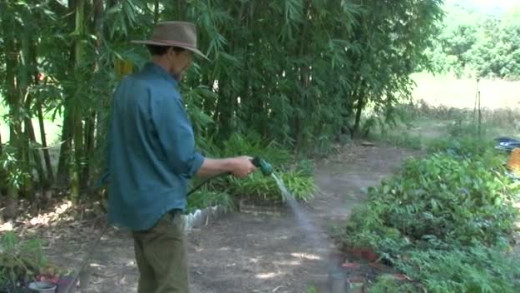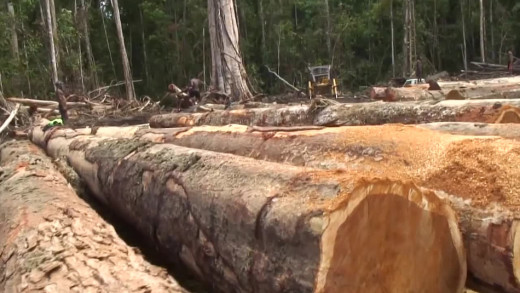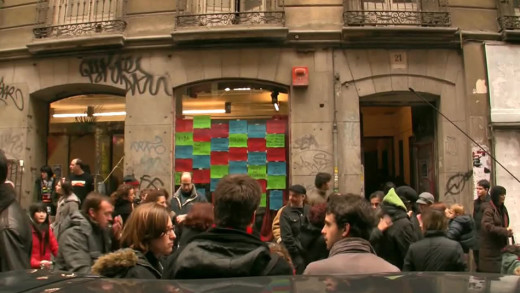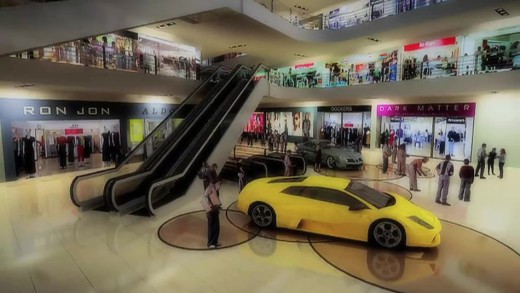With the fall of the Soviet Union in 1990, Cuba's economy collapsed. Imports of oil were cut by more than half and food by 80 percent. The Power Of Community tells of the hardships and struggles as well as the response during the collapse, explaining how the country transitioned from a highly mechanised, industrial agricultural system to one using organic methods of farming and local, urban gardens...
The Garden
The Garden tells the story of South Central Farm -- a 14 acre community garden and urban farm located in Los Angeles, California, which was in operation between 1994 and 2006. The entire lot is evicted and demolished against overwhelming local support for the farm and also despite the community raising an incredible amount of money to purchase the land from the owner. The owner refuses to sell and the land is demolished and still sits vacant, unused...
My Public Space is a short film following a local artist in New York City, documenting the effort to reformat the visual pollution of advertising into public artwork spaces...
Introduction To Permaculture provides an overview of some practical examples of permaculture design, while following the interwoven themes of ethics, community, planning and ecology. The film follows Geoff Lawton who is a permaculture consultant, designer and teacher in Australia and throughout the world, demonstrating some of the possibilities of permaculture design and how it can transform the way we eat and live...
Bikpela Bagarap (Big Damage) is the story of logging in Papua New Guinea, following the reality of systemic exploitation by logging companies of indigenous communities, where locals are not even citizens in their own country. Customary landowners are coerced into signing release documents, or sign with the understanding that promises for clean water, health and education will be delivered. On the contrary, traditional hunting grounds are destroyed, waterways polluted, and livelihoods threatened.
In the wake of giant speculative property bubbles and high unemployment, ordinary people are occupying empty buildings in urban areas and turning them into free, open and public space. Communities thrive alongside music and art collectives, concerts, food co-operatives and community gardens. One also finds construction workshops, child care, language classes, political talks and even legal advice on social and economic rights. Okupación focuses in on such community spaces in Madrid, Spain; and follows the fight to keep such spaces alive and open.
The Gruen Effect is a biographical film of Victor Gruen, considered by some to be the grand architect of the modern shopping mall and pedestrian zone. His ideas about urban planning have led to cities that serve the new gods of consumption, developing concepts that have reshaped the modern world. But in perhaps the ultimate of ironies, a naïve Gruen initially envisioned shopping centres as utopian communal spaces that would bring people together. However, developers took these ideas to brood the emergence of suburbia and the new era of consumption that would come to define the post-war world. Viewed with a critical eye, and tracing the path from Gruen's prewar Vienna, to the 1950s America, and back to Europe in 1968, The Gruen Effect can show the themes and translation errors that have come to define intensely colonising urban life, along with a disappointed Gruen appalled at the impact shopping centres have on communities.
